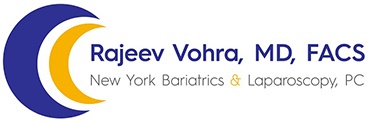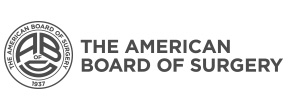
Minimally invasive hernia surgery, also known as laparoscopic hernia surgery, is a surgical technique that uses small incisions and specialized instruments to repair a hernia. This technique is becoming increasingly popular because it offers several advantages over traditional open surgery, including:
- Less pain: Minimally invasive hernia surgery causes less pain and discomfort compared to open surgery.
- Faster recovery: Patients who undergo minimally invasive hernia surgery can usually return to normal activities more quickly than those who undergo open surgery.
- Smaller scars: The incisions used in minimally invasive hernia surgery are smaller than those used in open surgery, which means patients are left with smaller scars.
- Reduced risks of complications: Because minimally invasive hernia surgery is less invasive, the risk of complications such as infection and bleeding is reduced. During minimally invasive hernia surgery, a surgeon makes a few small incisions in the abdomen and inserts a laparoscope, a thin, flexible tube with a camera on the end, and other specialized The surgeon then repairs the hernia by pushing the protruding tissue back into the abdomen and reinforcing the weakened muscle with mesh.
Not all hernias are suitable for minimally invasive surgery, and the best approach depends on the type and location of the hernia. Dr. Vohra performs Laparoscopic repair of Inguinal, Umbilical, Incisional, and Hiatal hernias.
Dr. Rajeev Vohra is a board-certified Fellow of the American College of Surgeons. He specializes in laparoscopic and bariatric procedures and has successfully performed more than 10,000 surgeries over his 30+ year career. Dr. Vohra has dedicated his career to providing patients in New York with the highest quality and most compassionate care.





